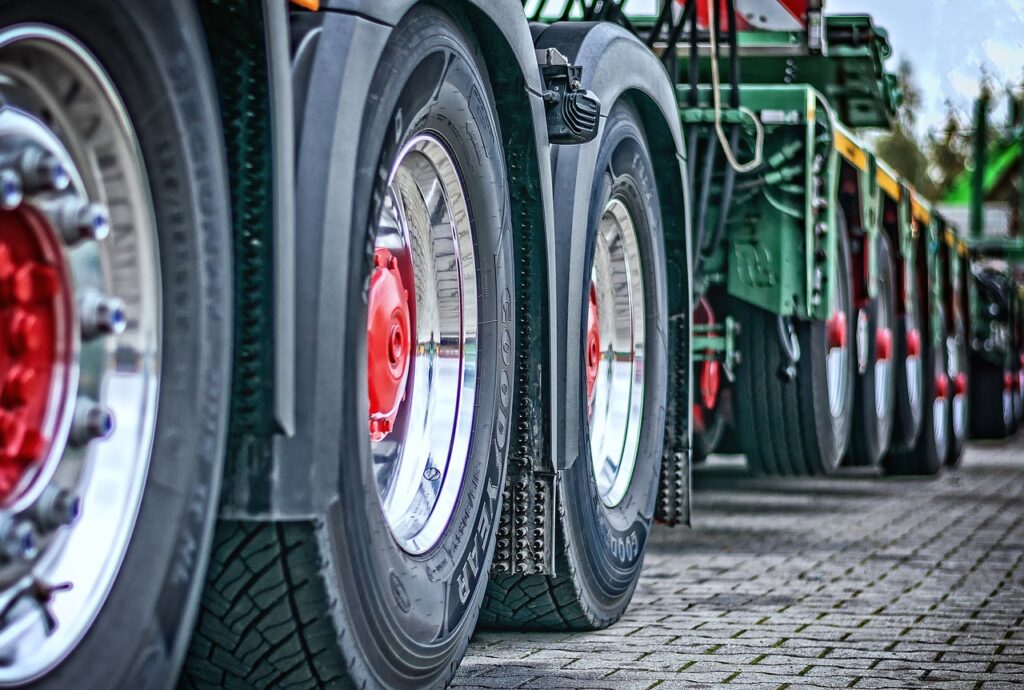In a bold move within the heavy-duty transport sector, two titans of the truck industry, Tesla and Nikola, are head-to-head in a technology race with their respective innovations, the Tesla Semi and the Nikola One Hydrogen.
Tesla, spearheaded by Elon Musk, has aligned its strategy firmly with electric power. The Tesla Semi, equipped with advanced battery technology, boasts impressive specs including a 300-mile range on a single charge and the capability to accelerate from 0 to 60 mph in 20 seconds, even when fully loaded. Furthermore, Tesla promises significant savings on energy costs and maintenance, positioning the Semi as a game-changer for long-haul trucking.
On the other hand, Nikola Motors is banking on hydrogen fuel cells to drive its automotive revolution. The Nikola One Hydrogen truck aims to deliver clean energy efficiency with a range of up to 750 miles, thanks to its hydrogen fuel cell system. With quicker refueling times compared to electric battery charging and the emission-free exhaust of only water vapor, hydrogen vehicles, such as those proposed by Nikola, present an intriguing alternative in the quest for sustainable freight solutions.
The battle between these two technologies—electric batteries versus hydrogen fuel cells—extends beyond the performance metrics of the trucks themselves. It encompasses the broader infrastructure and energy ecosystem required to support each innovation. Tesla has made substantial investments in their Supercharger network to facilitate rapid battery recharging. Meanwhile, Nikola is developing a robust network of hydrogen refueling stations across North America, in partnership with various stakeholders.
While both companies offer compelling visions for the future of trucking, the real winner will be determined notably by market adoption and the scalability of their technologies. Tesla’s electric approach benefits from the broader adoption of electric vehicles and existing charging infrastructure, whereas hydrogen fuel cell technology requires a nascent but growing refueling network.





